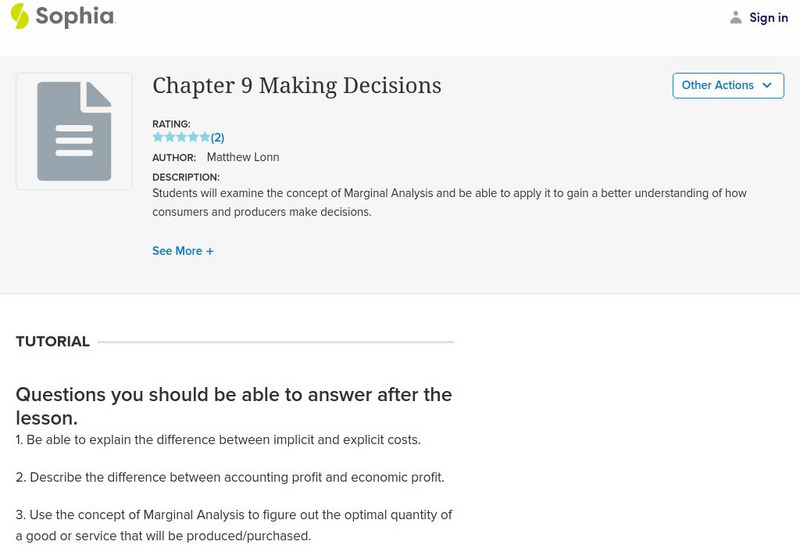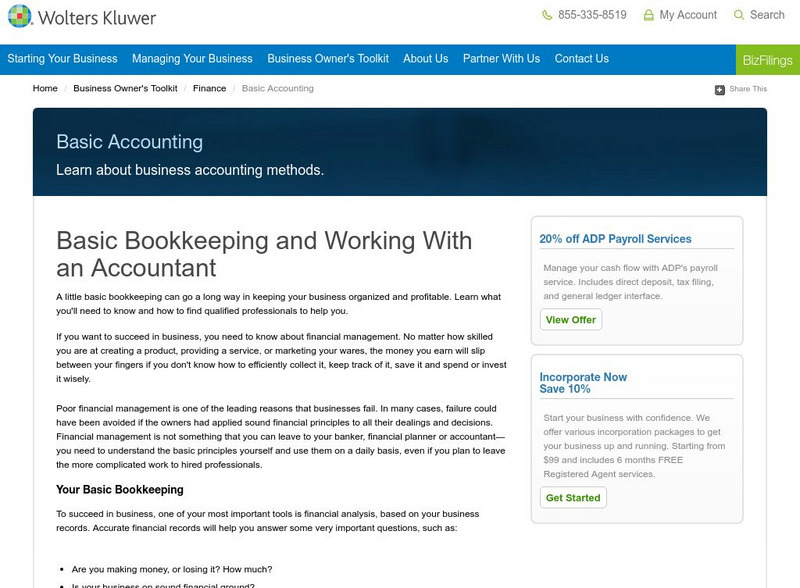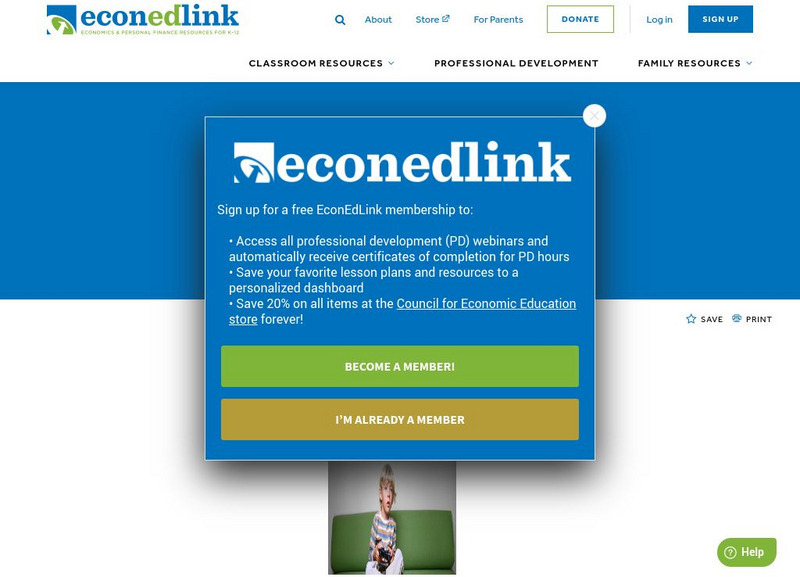Hi, what do you want to do?
Curated OER
Can You Find Me Now?
Students locate points using longitude and latitude coordinates. They locate their home using longitude and latitude, explore the uses of GPS, and accurately use a GPS.
Curated OER
Steroids: The Hard Truth
Students view a PBS "In the Mix" video about the use of steroids. They identify health risks, consider the emotional consequences of drug abuse and discuss the legal ramifications. They also research a variety of nutritional supplements.
Curated OER
One Sniff Can Kill!
Students investigate the question: In what ways can a common household products hurt you? This lesson plan integrates with drug and alcohol units in science classes as well as language arts in the form of the Public Service Announcement...
Curated OER
Goodbye Honey Buckets
Young scholars investigate arctic geology and hydrology as well as tundra ecology as they consider options for sewage treatment. Public safety, environmental impact, and issues of construction and engineering be explored.
Curated OER
How To Estabish And Use Credit
Students investigate how to establish and use credit. They research the application and use process and the effects upon personal finance when using credit. The qualifying indicators are looked at determined whether they are fair during...
Curated OER
Empathy and the Vietnam War
Students explore the implications of the draft during the Vietnam War. For this Vietnam lesson, students analyze the lyrics of songs that explore differents opinions of the Vietnam draft. Students particpate in a role-play activity...
Curated OER
Honesty in Writing
Eighth graders analyze the conveyance of honesty in written products. In this writing skills lesson, 8th graders discuss bias and fabrication in writing. Students practice sincere writing as they write statements regarding the common...
Curated OER
Weigh Before You Pay: Debit or Credit?
Students explore the concept of debit and credit cards. In this debit and credit card lesson, students read an article about debit and credit cards. Students discuss differences between the two forms of payment. Students calculate the...
Curated OER
Watch Your Mouth
Students examine the importance of good dental hygiene. In this health lesson, students examine periodontal disease through a series of activities, and how it can be controlled by good oral health.
Curated OER
Fabulous Felines: How to Choose the Purrfect Cat
Young scholars investigate the concept of pet care and cats. In this cat lesson, students discuss responsibilities for pet care and take a cat quiz. Young scholars discuss where to get their cats and how to care for them. Students may...
Curated OER
Faith And Service
Eighth graders recognize the connection between their religious faith and social responsibility. After a lecture/demo, student groups complete a worksheet imbedded in this plan, then create posters depicting community service.
Curated OER
Arsenic and Human Health
Ninth graders concentrate on arsenic poisoning as an example of the connections among health, geography, and geology as they develop a persuasive presentation about the dangers of arsenic in the drinking water, targeting a specific...
Curated OER
Credit: Buy Now & Pay More Later
High schoolers analyze the costs and benefits of using credit cards to purchase goods and services.
Curated OER
Hazard Mitigation: Bioterrorism
Students discuss different ways to spread infectious diseases. In this bioterrorism activity, students model the rate of smoke emission using CalRoad software. They analyze the effects of airborne release of...
Curated OER
Lender or Borrower Be?
Eighth graders study the costs and benefits of interest involved with borrowing and depositing at banks.
Curated OER
ESL: Useful Expressions
In this ESL useful expressions worksheet, students select the correct expression to complete a sentence. Page has a link to additional resources.
CommonLit
Common Lit: Election Choices: 2008
CommonLit.org is a wonderful resource to use in a Language Arts classroom. Each story or article is accompanied by guided reading questions, assessment questions, and discussion questions. In addition, students can click on words to see...
Sophia Learning
Sophia: Making Decisions
Notes and a video clip provide students with an introduction to the idea of marginal analysis and of how consumers and producers make decisions.
Choices Program, Brown University
Choices: Teaching With the News: The Iraqi Refugee Crisis
Learning module in which students use multi-media resources to analyze U.S. policy toward Iraqi refugees and gain an understanding of the causes and scope of the Iraqi refugee crisis, exploring firsthand accounts of Iraqi refugees'...
US Department of Education
Fact Sheet: No Child Left Behind
This site gives readers an overview of the No Child Left Behind Act. Addresses accountability, reducing red tape, school choice, improving reading, teacher quality, and progress.
CommonLit
Common Lit: Themes: Identity: What Makes You Who You Are?
This is a collection of Grade-Leveled texts (3-12) to address the question, "What makes you who you are?" Select a grade level and a collection of on grade-level reading passages on the topic comes up. [Free account registration required...
Other
Hde: Accountability Resource Center Hawaii
This Hawaii Department of Education site offers access to all data on its schools. Information is broken into three categories: school accountability, system accountability, and professional accountability.
Wolters Kluwer
Importance of Good Records
This page describes the importance of accounting information in understanding and controlling success or failure, decision-making, budgeting, taxes, and capital acquisition.
Council for Economic Education
Econ Ed Link: You Decide!
Think about a difficult decision you have had to make. After you decided did it work out? Why or why not? Why do you think decisions and choices are hard to make? We make personal decisions and we make decisions as groups. There is a...



























